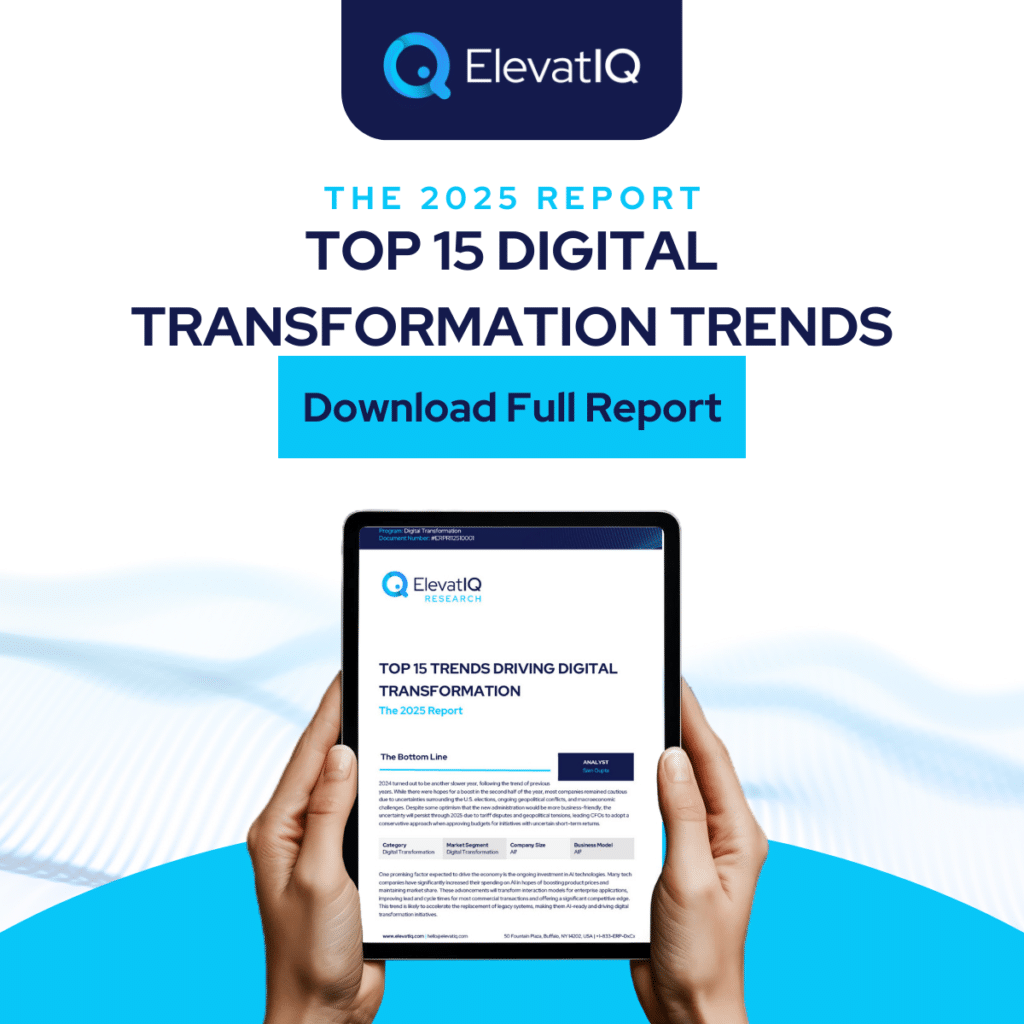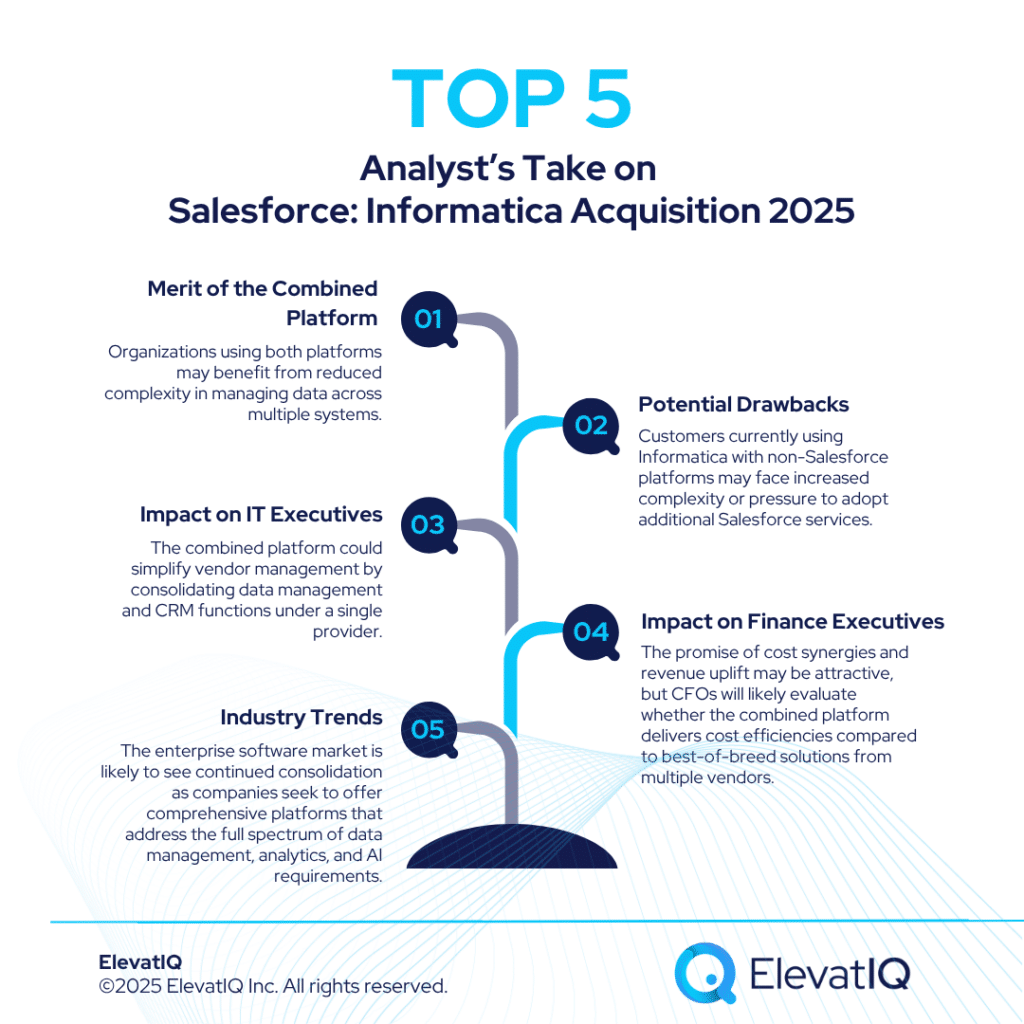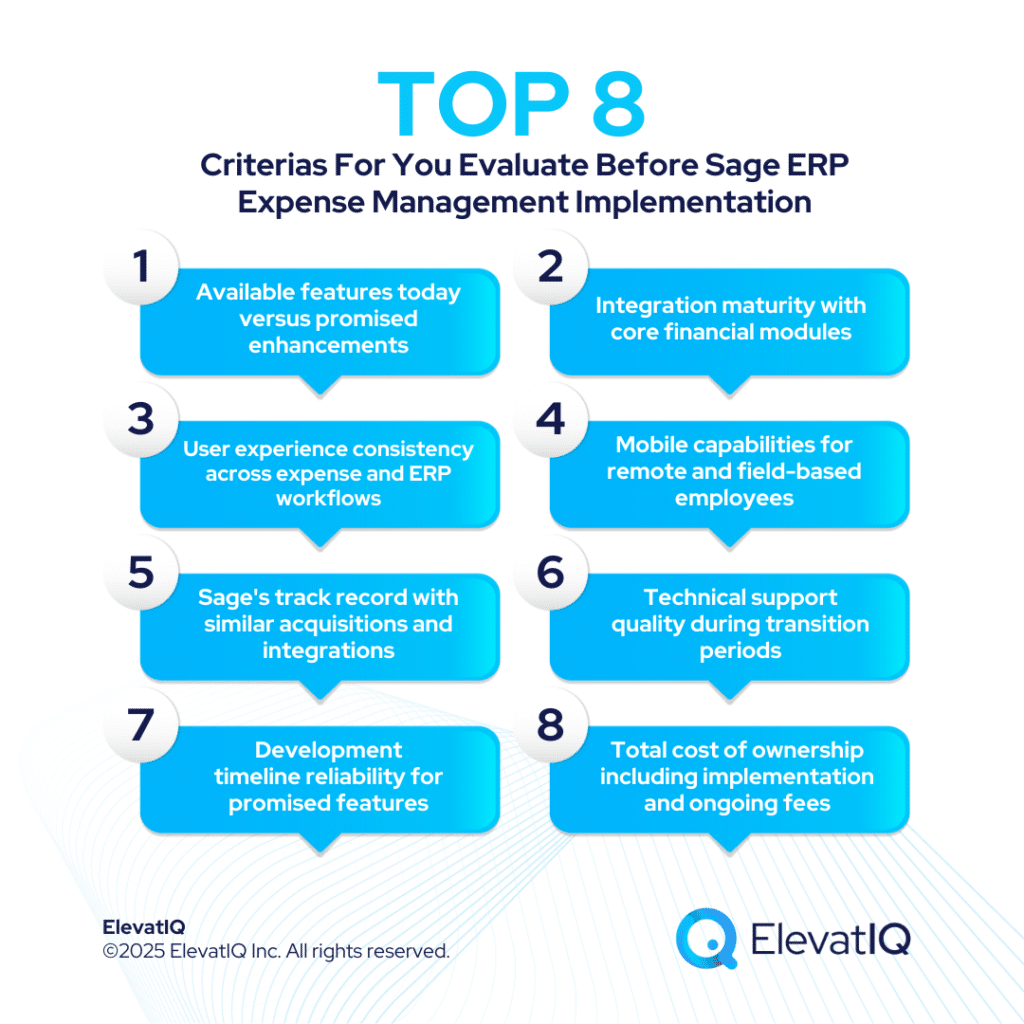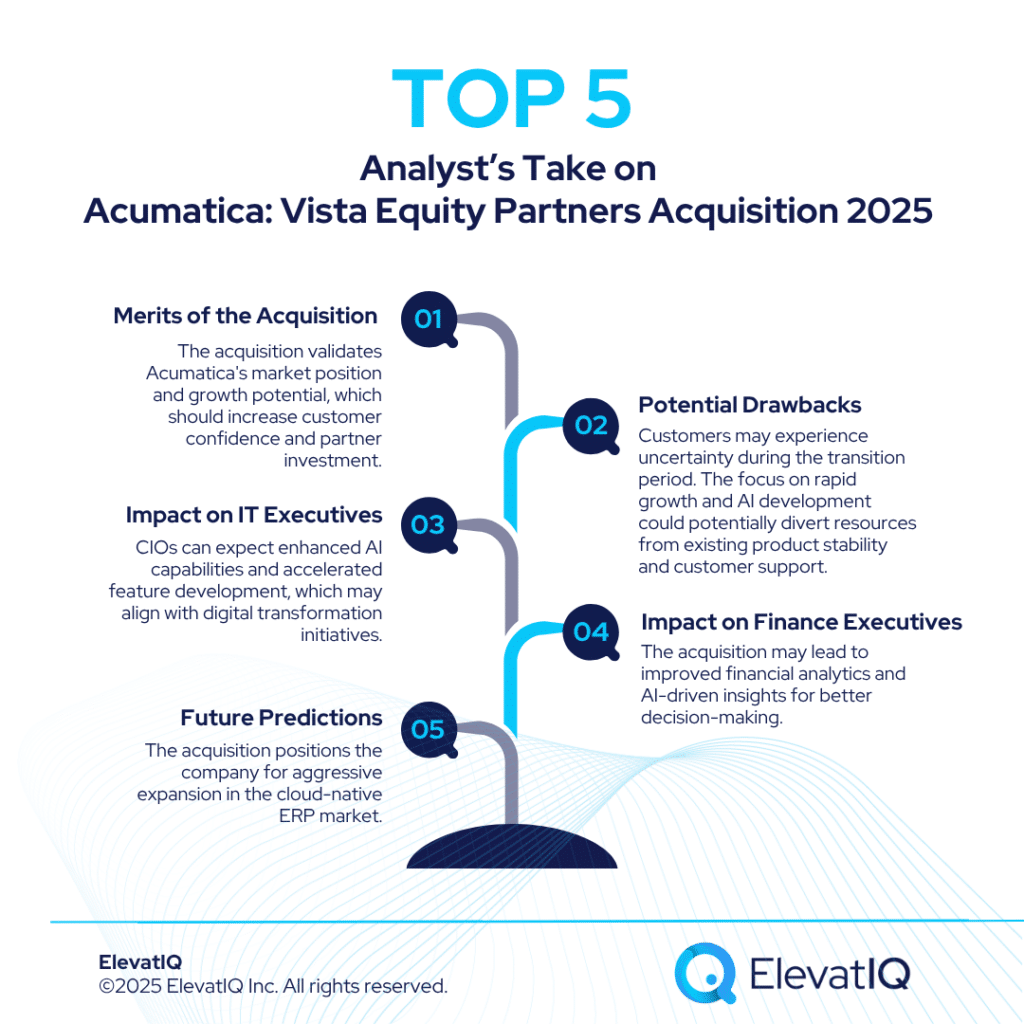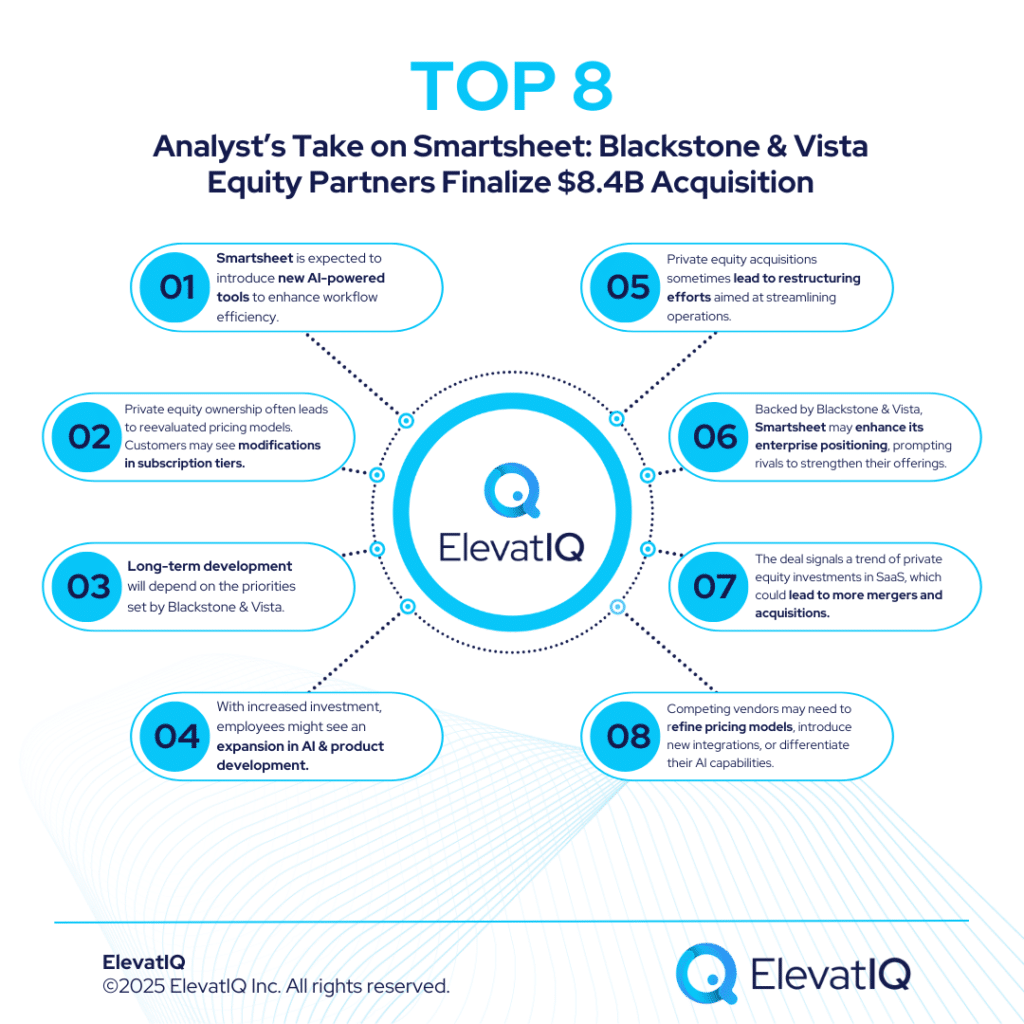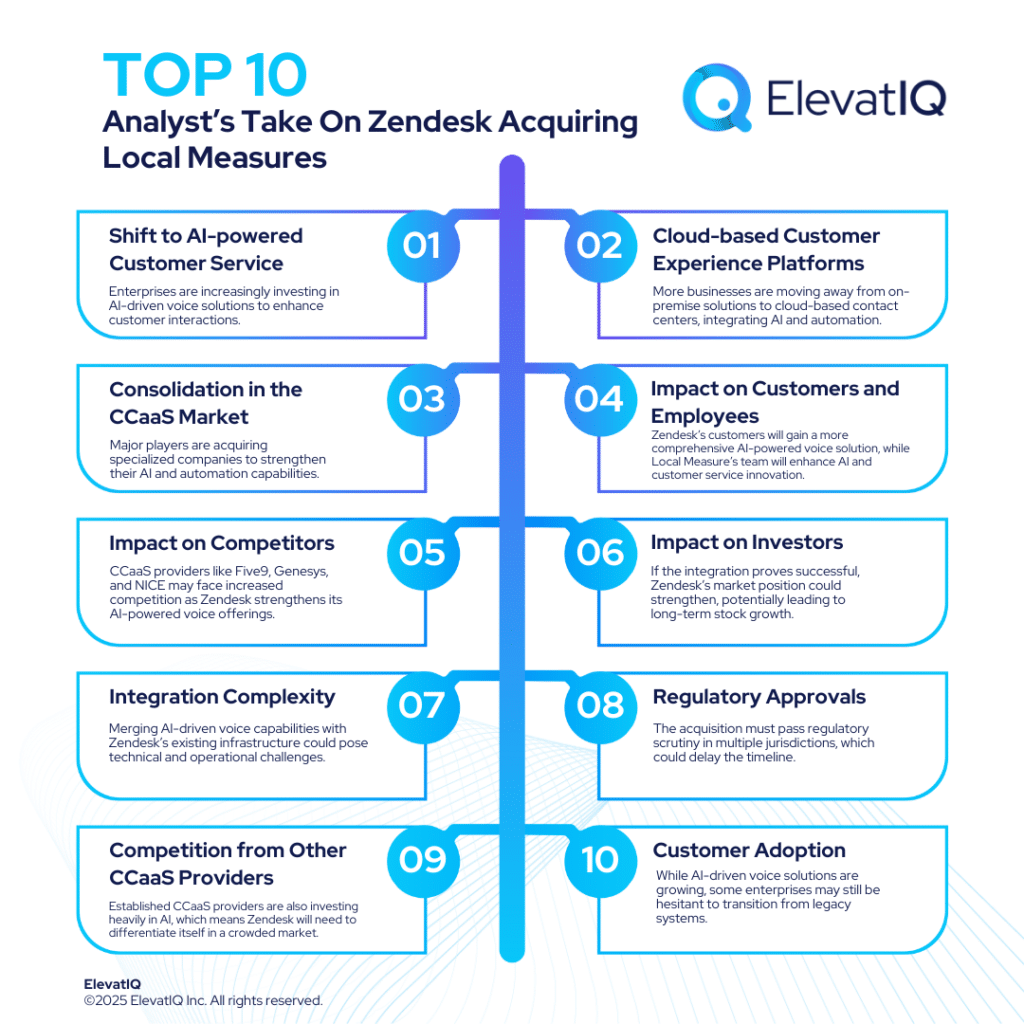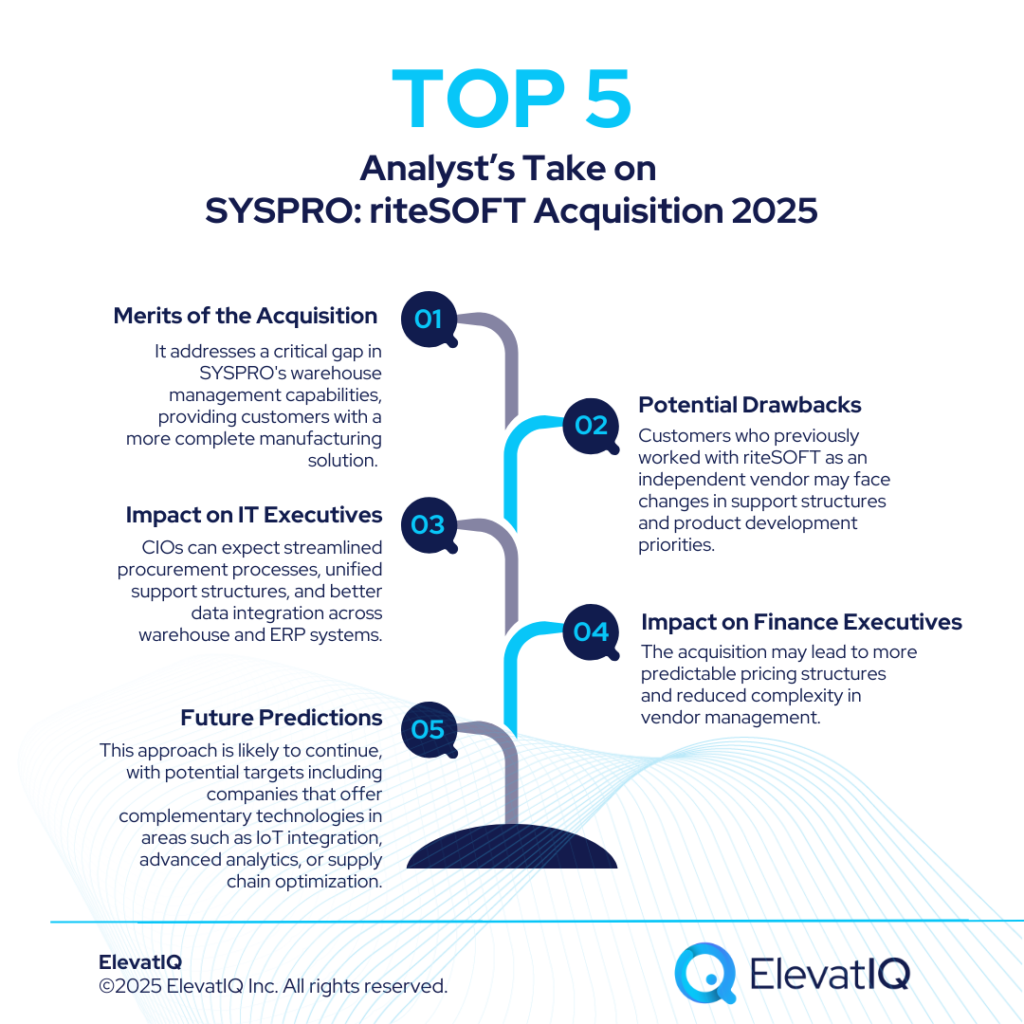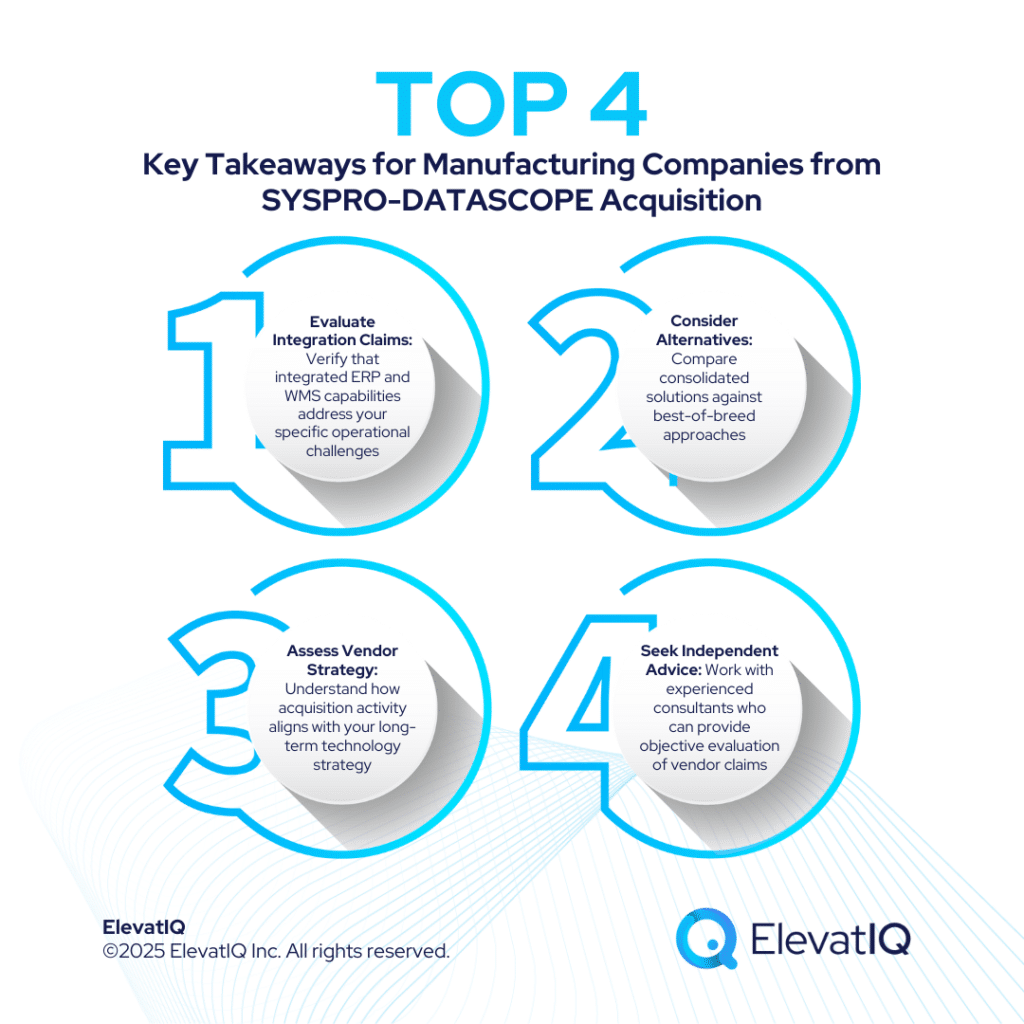The Salesforce Informatica acquisition 2025 represents one of the most significant enterprise software deals of the year. Salesforce announced its definitive agreement to acquire Informatica for approximately $8 billion in equity value. This marks a strategic move to enhance its AI-powered data management capabilities. This acquisition aims to combine Salesforce’s CRM platform with Informatica’s comprehensive data governance and integration solutions. Thus, creating what the companies describe as the most complete agent-ready data platform in the industry.
Structured Breakdown of the News
Transaction Details and Financial Structure
The Salesforce Informatica acquisition 2025 involves the acquisition of all outstanding shares of Informatica common stock that Salesforce does not already own. Under the agreement terms, holders of Informatica’s Class A and Class B-1 common stock will receive $25 in cash per share. The transaction will be funded through a combination of cash from Salesforce’s balance sheet and new debt financing.
The deal has received approval from both companies’ boards of directors. Also, benefits from stockholders representing approximately 63% of Informatica’s voting power having already provided written consent. This eliminates the need for additional shareholder approval processes. The transaction is expected to close early in Salesforce’s fiscal year 2027, subject to regulatory clearances and customary closing conditions.
Strategic Rationale Behind the Acquisition
The Salesforce Informatica acquisition 2025 centers on creating a unified architecture for agentic AI. This enables AI agents to operate safely and at scale across modern enterprises. The combination brings together Informatica’s data catalog, data integration, governance, quality, privacy, metadata management, and Master Data Management services with Salesforce’s platform capabilities. Marc Benioff, Chair and CEO of Salesforce, stated: “Together, Salesforce and Informatica will create the most complete, agent-ready data platform in the industry. By uniting the power of Data Cloud, MuleSoft, and Tableau with Informatica’s industry-leading, advanced data management capabilities, we will enable autonomous agents to deliver smarter, safer, and more scalable outcomes for every company, and significantly strengthen our position in the $150 billion-plus enterprise data market.”
Technology Integration and Platform Enhancement
The acquisition focuses on three critical areas that the companies identify as essential for enterprise-grade AI. They are: data transparency, data understanding, and data governance. Informatica’s advanced integration, catalog, and lineage tools will provide visibility into data origins, transformations, and usage patterns. This capability is expected to be crucial for auditability and regulatory compliance requirements.
Steve Fisher, President and CTO at Salesforce, explained: “Truly autonomous, trustworthy AI agents need the most comprehensive understanding of their data. The combination of Informatica’s advanced catalog and metadata capabilities with our Agentforce platform delivers exactly this. Imagine an AI agent that goes beyond simply seeing data points to understanding their full context i.e. origin, transformation, quality, and governance.”
Integration Plans Across Salesforce Ecosystem
The Salesforce AI data strategy involves integrating Informatica’s capabilities across multiple Salesforce platforms. Data Cloud is expected to be strengthened as a Customer Data Platform. Along with Informatica ensuring organizational data becomes unified, clear, and actionable. The Agentforce platform will gain enhanced capabilities for autonomous AI agents to interpret and act on complex enterprise data. Additional integration points include enhancing Salesforce CRM applications with trusted data foundations, improving MuleSoft’s API data quality and governance. Also, providing Tableau users with richer, context-driven insights through better-understood data landscapes.
Financial Projections and Expected Benefits
Salesforce expects to achieve accretion on non-GAAP operating margin, non-GAAP earnings per share. And also, free cash flow basis starting in the second year following the expected closing. Robin Washington, President & Chief Operating and Financial Officer at Salesforce, stated. “This proposed acquisition will be a key enabler for Salesforce’s next phase of AI-driven growth. And we will move quickly to integrate their capabilities and unlock synergies on a fast timeline. Particularly in areas like Public Sector, Life Sciences, Healthcare, and Financial Services.”
The company anticipates substantial cost synergies and revenue uplift from the comprehensive data portfolio. Along with a particular focus on accelerated execution in vertical markets.
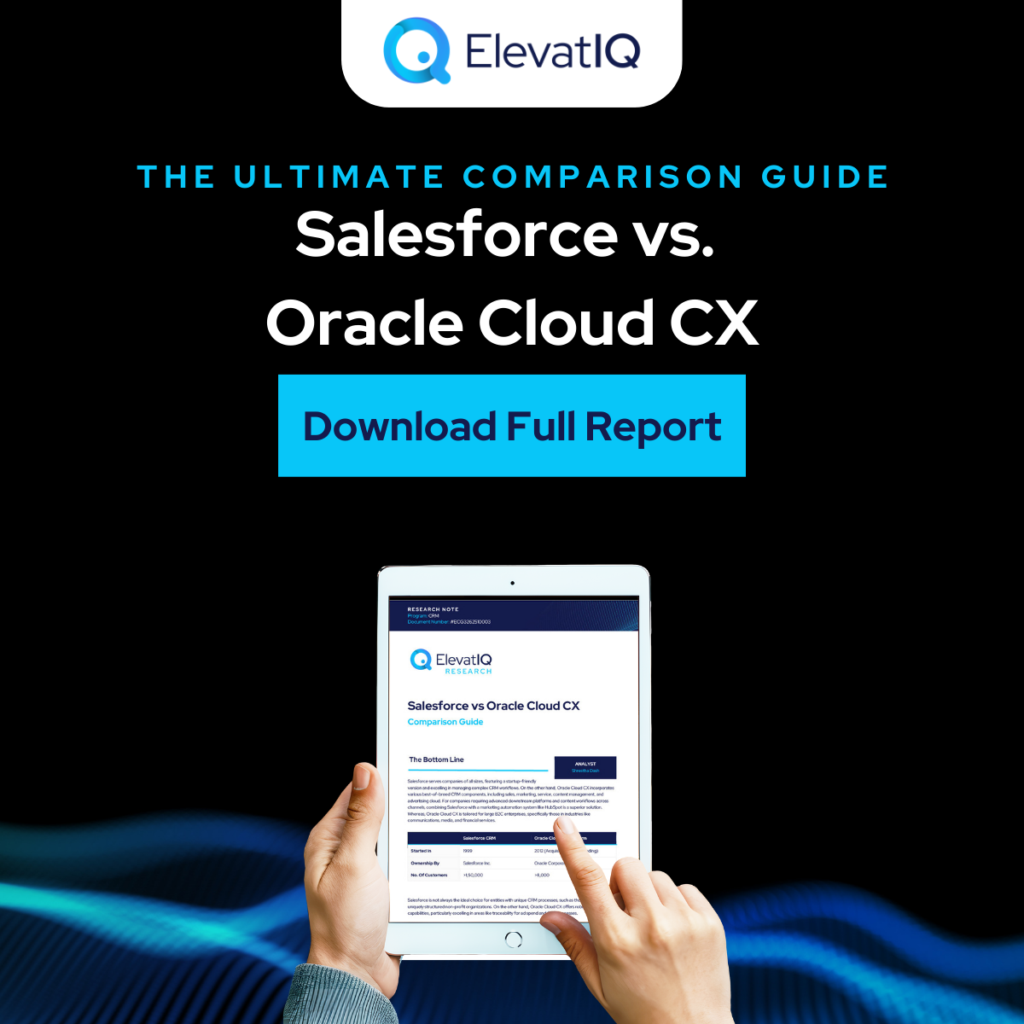
Common Questions That We Are Hearing
Will this acquisition affect existing Informatica customers?
Based on the official statements, existing Informatica customers are expected to continue receiving support for their current implementations. Salesforce plans to invest in Informatica’s ecosystem of data and infrastructure partners. And also apply its marketing and distribution capabilities to accelerate Informatica’s cloud business growth. However, specific migration timelines and support policies are likely to be detailed closer to the transaction closing.
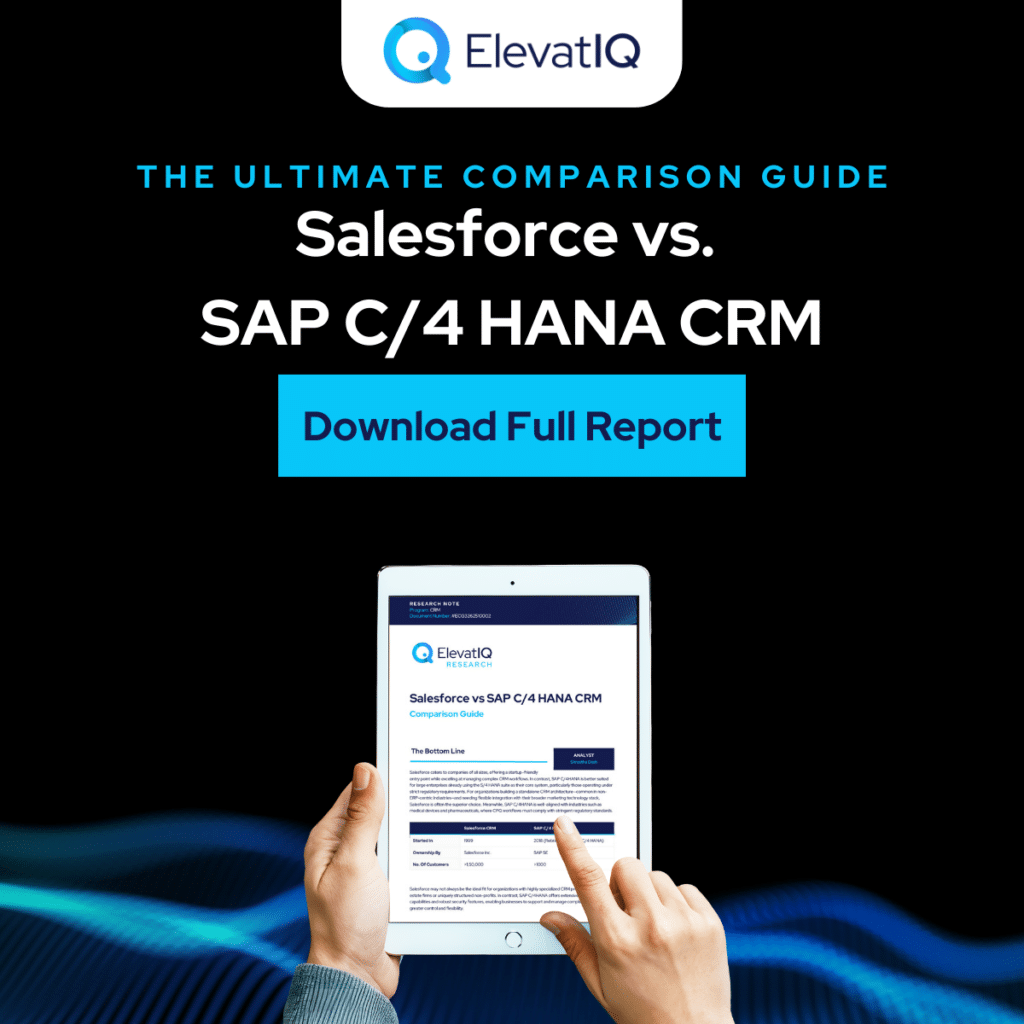
How will this impact Salesforce’s pricing structure?
The companies have not disclosed specific pricing changes related to the Salesforce Informatica acquisition 2025. The integration is expected to begin in the second year following closing. Therefore, current pricing structures are likely to remain stable in the near term. Long-term pricing adjustments may depend on how the combined platform capabilities are packaged and delivered to customers.
What happens to Informatica’s standalone products?
Salesforce has indicated plans to support Informatica’s continued strategy of building AI-powered data management products. The company stated it will deliver “a complete, end-to-end platform with industry-leading, integrated solutions to connect, manage, and unify data across any cloud, hybrid, or multi-cloud environment.” This suggests that Informatica’s products are expected to maintain their multi-cloud capabilities while being integrated into the Salesforce ecosystem.
Will there be job impacts from this acquisition?
The announcement does not specify employment impacts, though integration activities typically involve organizational restructuring. The companies have emphasized plans for rapid integration and scaling of capabilities, which could indicate both expansion opportunities and potential consolidation in overlapping functions.
How will this affect competition with other data management vendors?
The Salesforce data cloud strategy through this acquisition is likely to intensify competition with other enterprise data management providers. The combined entity is expected to compete more directly with companies like Microsoft, Oracle, and IBM in the enterprise data management space.

Analyst’s Take on This
Customer Impact Analysis
Merit of the Combined Platform: The Salesforce Informatica acquisition 2025 integration could provide customers with a more comprehensive data governance and AI-ready infrastructure. Organizations using both platforms may benefit from reduced complexity in managing data across multiple systems and improved interoperability between data management and customer relationship management functions.
Potential Drawbacks: Customers currently using Informatica with non-Salesforce platforms may face increased complexity or pressure to adopt additional Salesforce services. The integration timeline spanning multiple years could create uncertainty for customers planning long-term data management strategies.
Impact on IT Executives
CIOs are likely to view this acquisition through the lens of data governance and AI readiness. The combined platform could simplify vendor management by consolidating data management and CRM functions under a single provider. However, CIOs may need to evaluate potential vendor lock-in concerns and assess how the integration timeline aligns with their organization’s digital transformation roadmaps.
The emphasis on regulatory compliance and data lineage capabilities in the Salesforce Informatica acquisition 2025 could appeal to CIOs in highly regulated industries, particularly in healthcare, financial services, and public sector organizations where data governance requirements are stringent.
Impact on Finance Executives
CFOs are expected to focus on the total cost of ownership implications of the Salesforce Informatica acquisition 2025. The promise of cost synergies and revenue uplift may be attractive, but CFOs will likely evaluate whether the combined platform delivers cost efficiencies compared to best-of-breed solutions from multiple vendors. The subscription model implications and potential for pricing changes as integration progresses will be key considerations for CFOs managing software budget allocations and multi-year planning cycles.
Future Predictions
Enterprise Data Platform Consolidation: This acquisition signals a trend toward platform consolidation in the enterprise software market. Organizations are increasingly seeking integrated solutions that combine customer data management, business intelligence, and AI capabilities rather than managing multiple point solutions.
AI-Driven Data Management: The focus on “agentic AI” and autonomous data management capabilities suggests that future data platforms will emphasize self-managing, intelligent data processing rather than traditional extract-transform-load processes.
Regulatory Compliance as a Competitive Advantage: The emphasis on data governance and regulatory compliance capabilities indicates that these features are becoming competitive differentiators rather than baseline requirements.
Industry Trend Analysis
Platform vs. Best-of-Breed Debate: The Salesforce Informatica acquisition 2025 represents the platform approach to enterprise software, where organizations choose integrated suites over specialized tools. This trend is driven by the complexity of managing data across multiple systems and the need for consistent governance policies.
Data as a Service Evolution: The combined offering is likely to accelerate the shift toward data-as-a-service models, where organizations consume data management capabilities through cloud platforms rather than deploying and managing on-premises infrastructure.
AI Integration Imperative: The acquisition highlights how AI capabilities are becoming integral to traditional enterprise software categories. Data management platforms are expected to incorporate AI-powered automation, anomaly detection, and predictive capabilities as standard features rather than add-on services.
The enterprise software market is likely to see continued consolidation as companies seek to offer comprehensive platforms that address the full spectrum of data management, analytics, and AI requirements in a single integrated solution.
